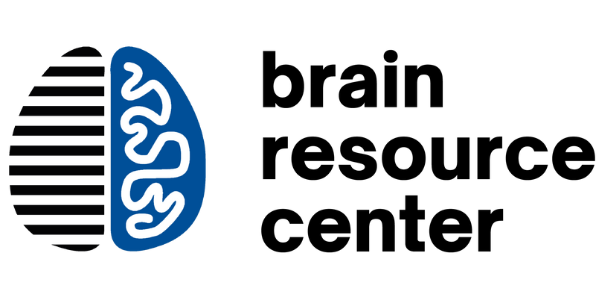FAQs about Brain Resource Center
-
We offer psychotherapy, cognitive behavioral therapy, couples therapy, neurofeedback, biofeedback, trans-cranial direct current stimulation (tDCS), repetitive trans-cranial magnetic stimulation (rTMS), low energy neurofeedback system (LENS), clinical hypnosis, life coaching, and hemoencephalography.
Our personalized and multi-dimensional approach to treatment is what makes Brain Resource Center so unique among other Neurofeedback centers. For a full list of treatments and their descriptions, click here.
-
Our goal is to help eliminate or reduce the use of medication whenever possible. Most clients who approach us prefer a non-pharmaceutical approach to their treatment or peak performance training. Clients are also often referred to our center in order to reduce or eliminate the use of medication due to side effects, medical complications, or simply personal choice or preference.
However, there are clinical situations in which due to the nature of the disorder or level of symptoms medication is recommended or required, at least initially. If medication is required or preferred, the result of our assessment can often help in identifying the most effective class of medication maximizing benefits and reducing the chance of undesired side effects. If the need for medication becomes evident, we can work with your preferred physician or help you choose one of ours from a network of outstanding psychiatrists, neurologists, and psychopharmacological experts who can prescribe and monitor medication.
Effective treatment options available at the Brain Resource Center can help patients suffering from anxiety, depression, mood disorders, ADD, and ADHD to reduce reliance on and side effects of medications. In many cases, our patients are able to take less medication or completely stop taking medication as their condition improves.
-
At this time, we are not affiliated with any insurance companies. However, many insurance plans include out-of-network benefits. The insurance submission process can be complicated, but we can help you navigate the process. Please contact us if you need assistance in understanding your insurance benefits and eligibility.
-
Your first visit will be an initial consultation, consisting of interview questions about your symptoms, goals, medical history, and critical diagnostic information so the doctor can get a comprehensive understanding of your specific needs.
Either the same day or at a follow-up appointment, you will undergo a non-invasive brain mapping assessment to gain insight into your brain dynamics and the efficiency of your brain’s neural networks.
Finally, once the doctor has analyzed your brain map data and your cognitive profile (including memory, attention, and executive functioning) against the norms, a personalized treatment plan will be designed. This will be tailored to your brain dynamics, cognitive function, and personal goals. Whether you are looking to achieve peak performance or are treating a cognitive or mental disorder, we can improve your brain health and function to help you achieve ultimate peak performance.
The Brain Resource Center has helped thousands of patients for over 20 years to improve anxiety, depression, ADD/ADHD, mild & moderate autism, brain injuries, brain fog, sleep disturbances, and many other mental and cognitive disorders.
FAQs about Neurofeedback
-
Neurofeedback is a non-invasive, pain-free brain training program that is completely safe. The therapy has been used since the 1950s to effectively treat a wide range of cognitive and mental disorders, as well as to improve athletic and musical ability, increase memory and cognition, and overall improve mood.
In clinical research, very few side effects have emerged, and those that have are mild and short-term like fatigue or changes in sleep patterns. Neurofeedback does not involve any electrical activity entering the brain, the technique simply reads the activity taking place in the brain and trains clients to change it on their own.
-
Neurofeedback is used to treat a wide range of conditions. There has been the most research done and the most efficacy shown in treating ADHD/ADD, anxiety, depression, PTSD and others. Neurofeedback is based on the principle that abnormalities and irregularities in brain wave activity is associated with the development or exacerbation of certain conditions. Neurofeedback helps to correct abnormal brain wave patterns to create healthier neural activity, which in turn reduces and alleviates many symptoms.
-
It varies depending on what condition you have and the severity of it. Some people start to see changes after only a few sessions. For the majority of cognitive conditions, a treatment plan of 30 – 50 sessions is recommended in order for the effects of the treatment to last. However, there are no commitments and you may discontinue treatment at any time.
-
We work with children as young as 5 years of age. However, it is possible for neurofeedback to be successful for even younger children. We highly recommend that kids try neurofeedback as it is non-invasive and requires no side effects, in contrast to other treatment methods. Neurofeedback involves listening to music or watching a movie, which can help make the experience more “fun” and engaging for young children.
